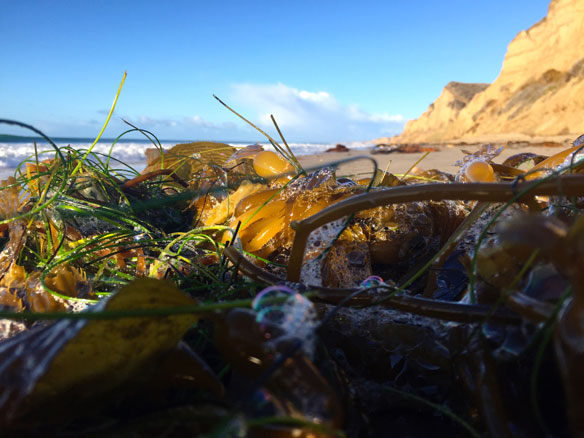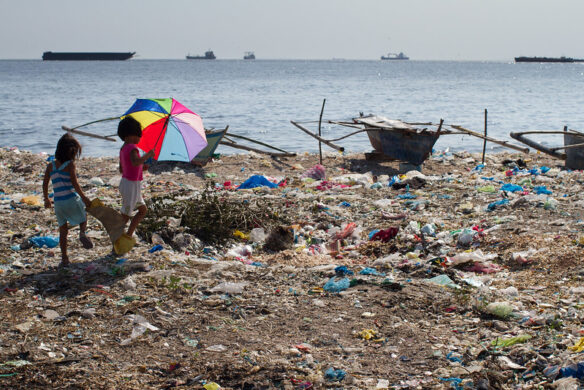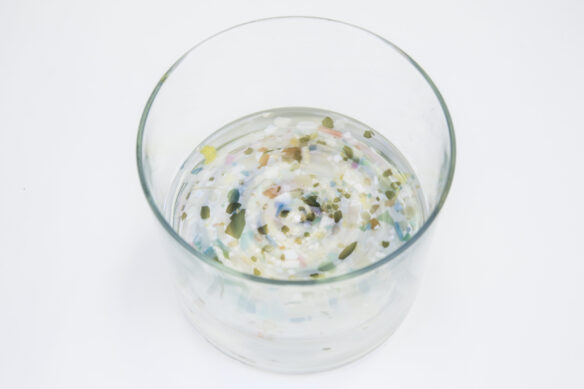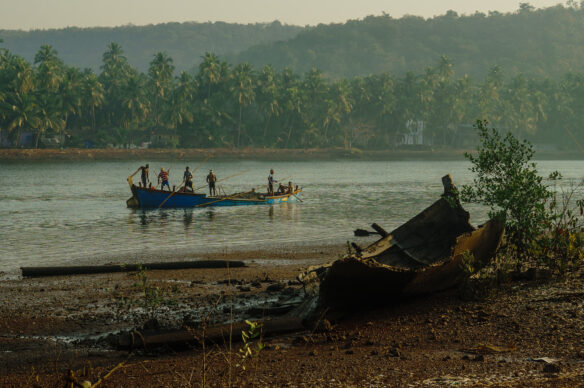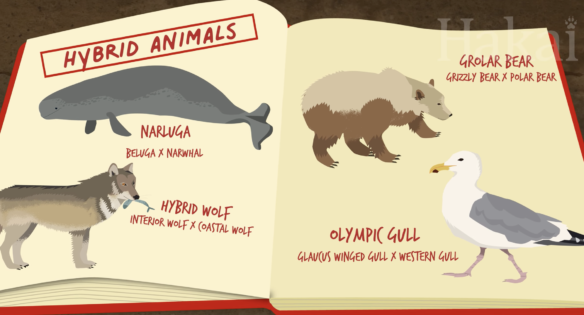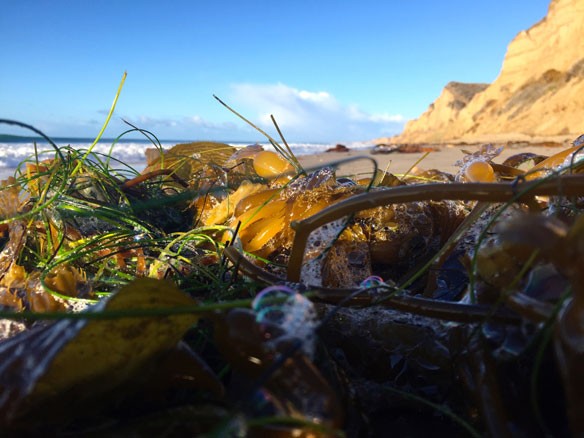
Pacific coast. Photograph: © SAF — Coastal Care
Excerpts;
If we have to feed 9.8 billion people by 2050, food from the ocean will have to play a major role. Ending hunger and malnutrition while meeting the demand for more meat and fish as the world grows richer will require 60% more food by the middle of the century.
As a recent EU report highlighted, we should instead be looking at how we can harvest more smaller fish and shellfish, but also species that aren’t as widely eaten such as seaweed and other algae…
Read Full Article, Phys. Org (12-14-2017)
Seaweed Can Help Feed the World. But will We Eat It? The Tico Times (11-03-2015)
A New Leaf: Seaweed could be a miracle food—if we can figure out how to make it taste good, The New Yorker (11-02-2015)
Seaweed, which requires neither fresh water nor fertilizer, is one of the world’s most sustainable and nutritious crops. It absorbs dissolved nitrogen, phosphorous, and carbon dioxide directly from the sea—its footprint is negative—and proliferates at a terrific rate. Kelp farming can rehabilitate the ocean’s threatened ecosystems, mitigate the effects of climate change, and revive coastal economies…
The Coming Green Wave: Ocean Farming to Fight Climate Change, The Atlantic (11-23-2011)
Ocean farming is not a modern innovation. Unfortunately, modeled on land-based factory livestock farms, aquaculture operations are infamous for their low-quality, tasteless fish pumped full of antibiotics and polluting local waterways. But a small group of ocean farmers and scientists decided to chart a different course. Rather than relying on mono-aquaculture operations, these new ocean farms are pioneering muti-tropic and sea-vegetable aquaculture, whereby ocean farmers grow abundant, high-quality seafood while improving, rather than damaging, the environment…
Nearly Half of U.S. Seafood Supply is Wasted, Study Shows, Science Daily (09-25-2015)
As much as 47 percent of the edible US seafood supply is lost each year, mainly from consumer waste, new research suggests…
How aquaculture is threatening the native fish species of Africa; Yale E360 (10-30-2017)
Farmed Fish Consumption At Record High, UN Report Reveals, Guardian Uk (05-19-2014)
Humans have never eaten so much fish and other seafood, but nearly half of it is no longer caught wild but is grown in farms, says the United Nations. The rapid growth in the number of people living near coasts and fish farming’s ability to keep up with population growth has seen per capita fish consumption soar from 10kg per person in the 1960s to more than 19kg in 2012…

